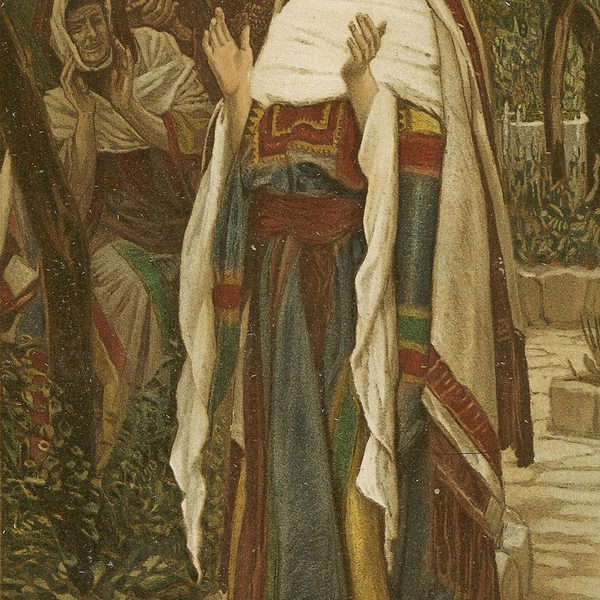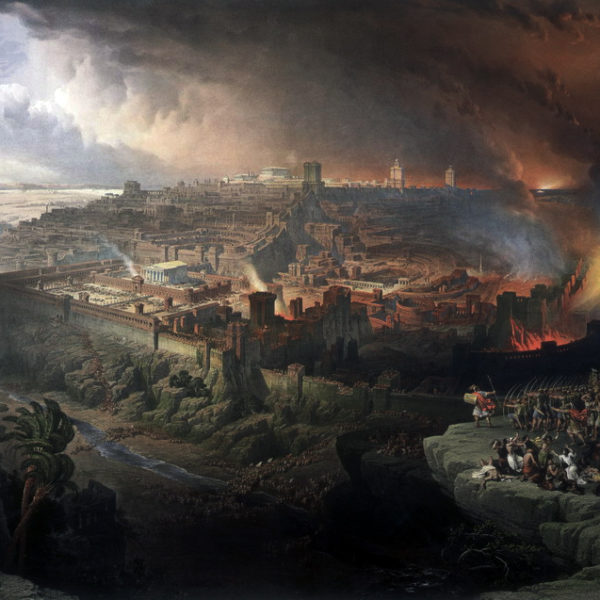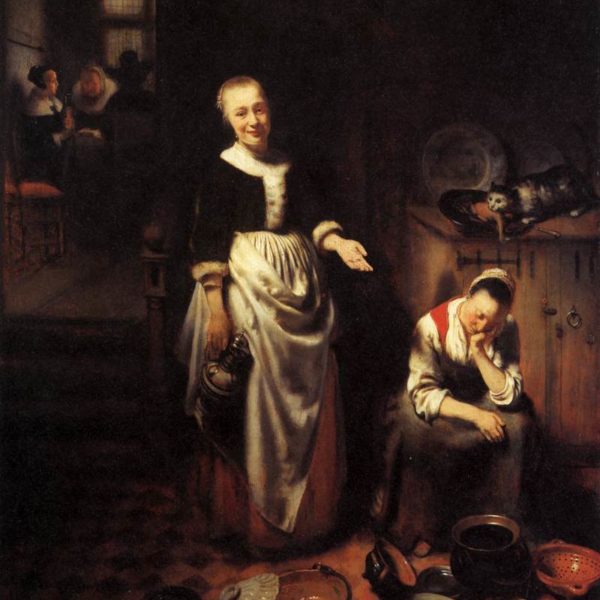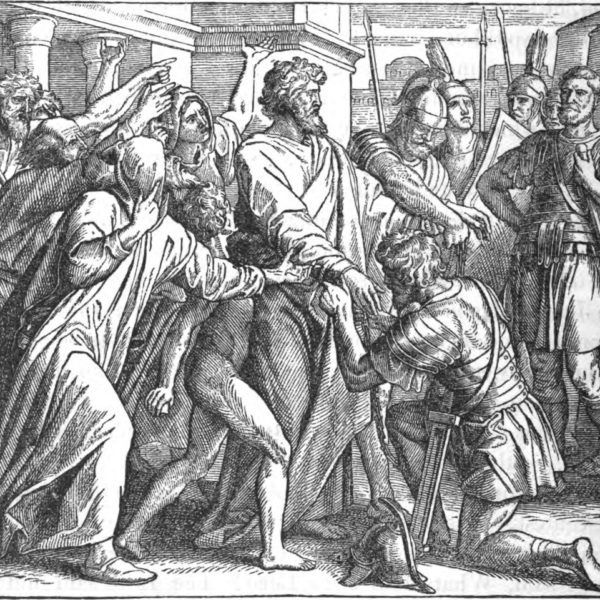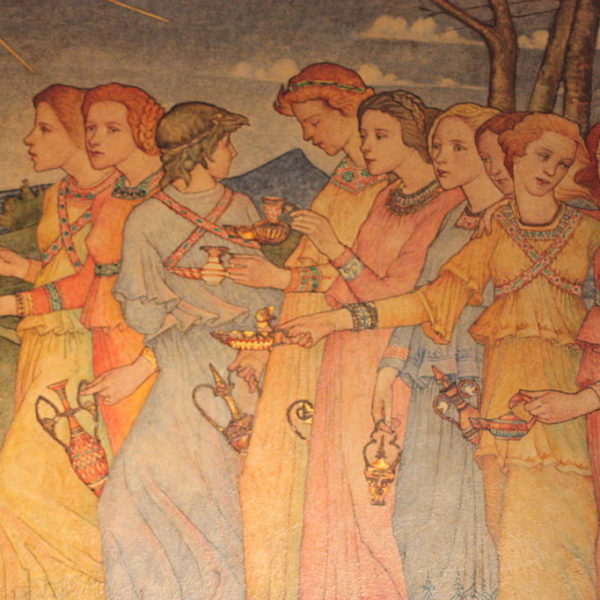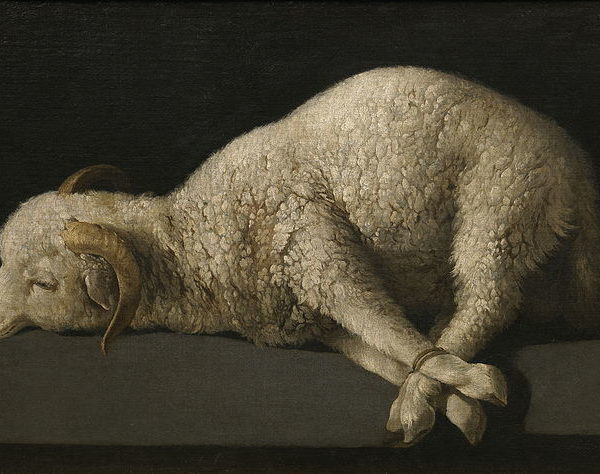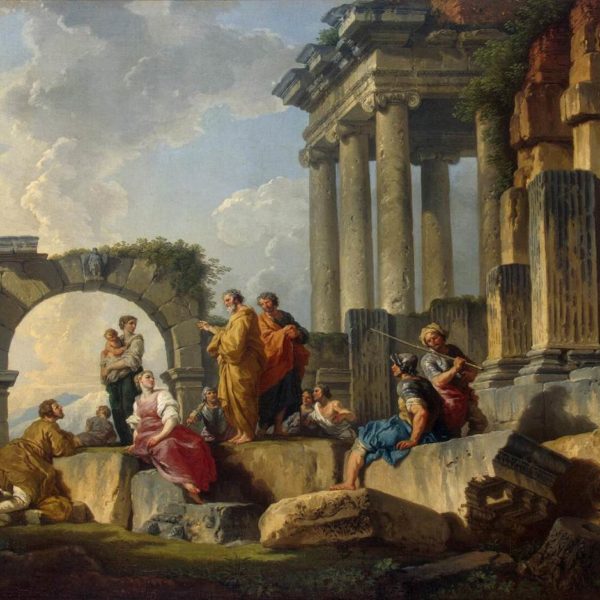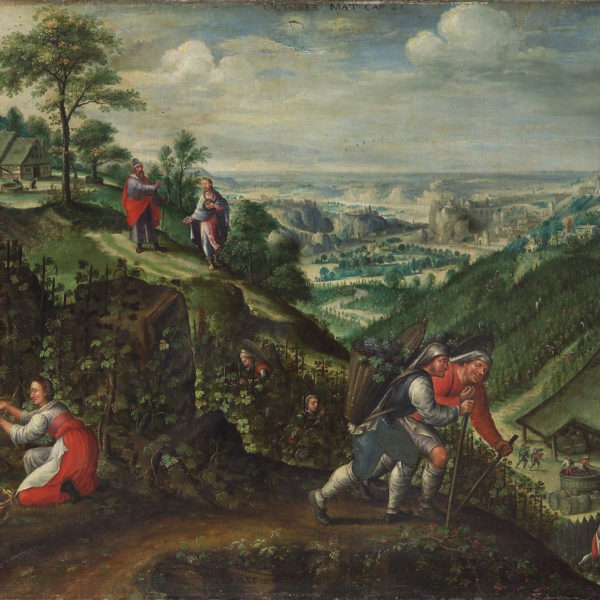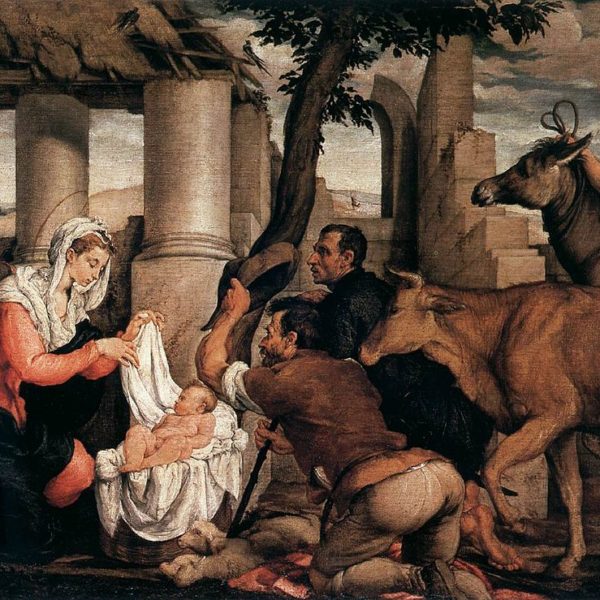
The story of the sign given to the shepherds—the Child wrapped in swaddling clothes, laid in a manger—both recalls and anticipates other scriptural events in significant yet surprising ways. It also reminds us of our vocation, as those who must declare the good news of the sign of Christ to the shepherds of our age.
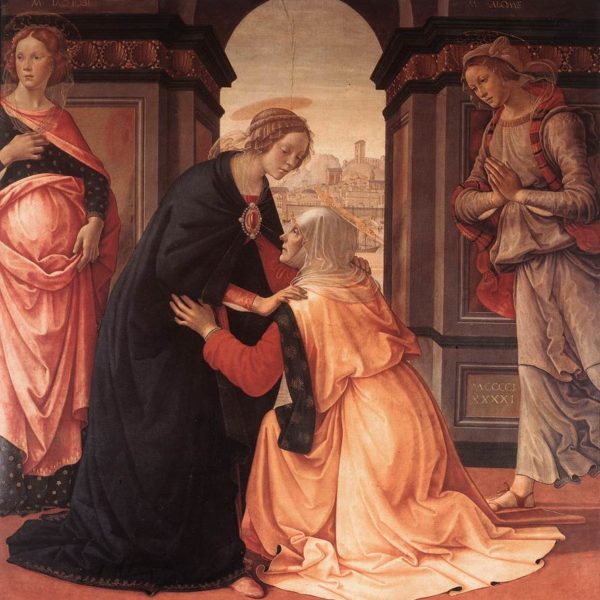
The Magnificat is a song of divine disruption, the song of God’s revolution.
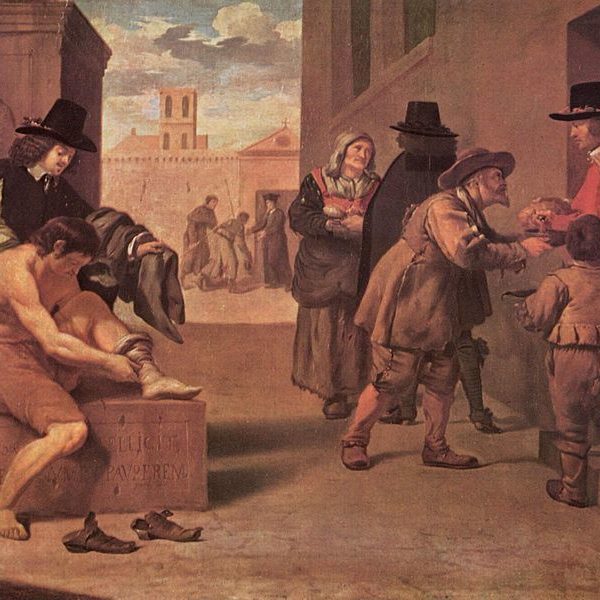
While often read merely as an account of judgment, heaven, and hell, the Parable of the Sheep and the Goats reveals a love that overcomes dualism.
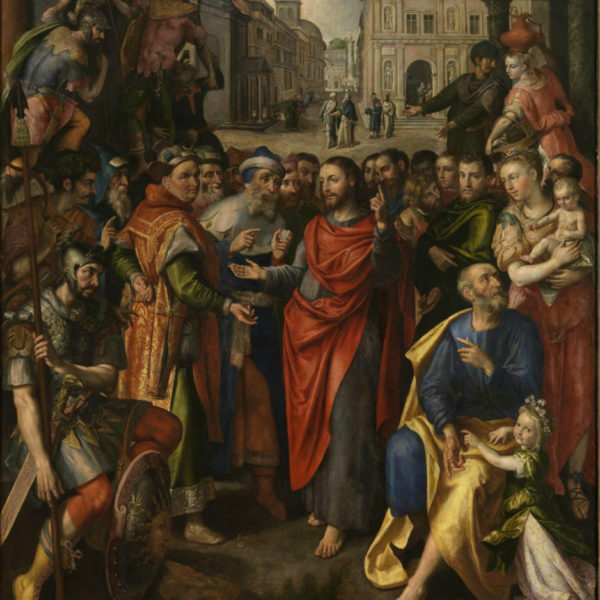
Jesus’ trick answer to the Pharisees concerning the paying of taxes to Caesar speaks to the Christian’s appropriate posture to American Civil Religion, which has been provoked into a fuller revelation of itself by Colin Kaepernick’s protest.
